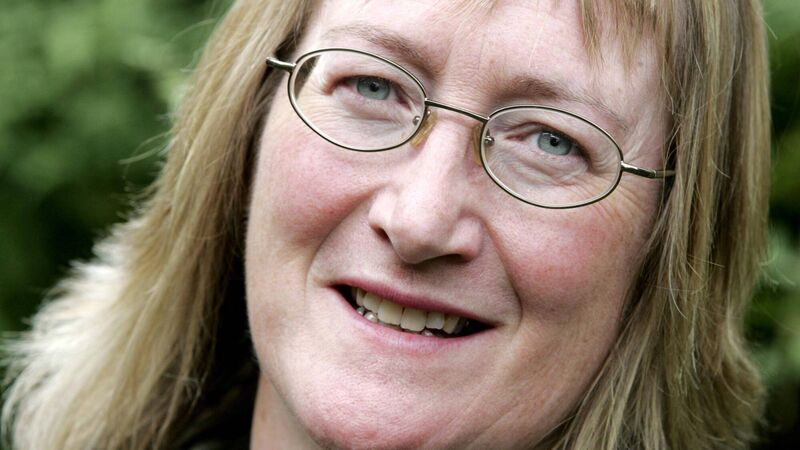Advocacy group calls for more consultants to boost breastfeeding levels

Breastfeeding consultant Sue Jameson said a common theme from their research is that mothers often feel they get no help with breastfeeding, especially with their second babies. Picture: Paul Sharp
More midwives and lactation consultants are urgently needed to help Ireland’s breastfeeding rate move upwards at a faster rate, a leading advocacy group has said.
Last year, 61.9% of babies were being breastfed just after leaving hospitals — up from 60.3% the year before.










